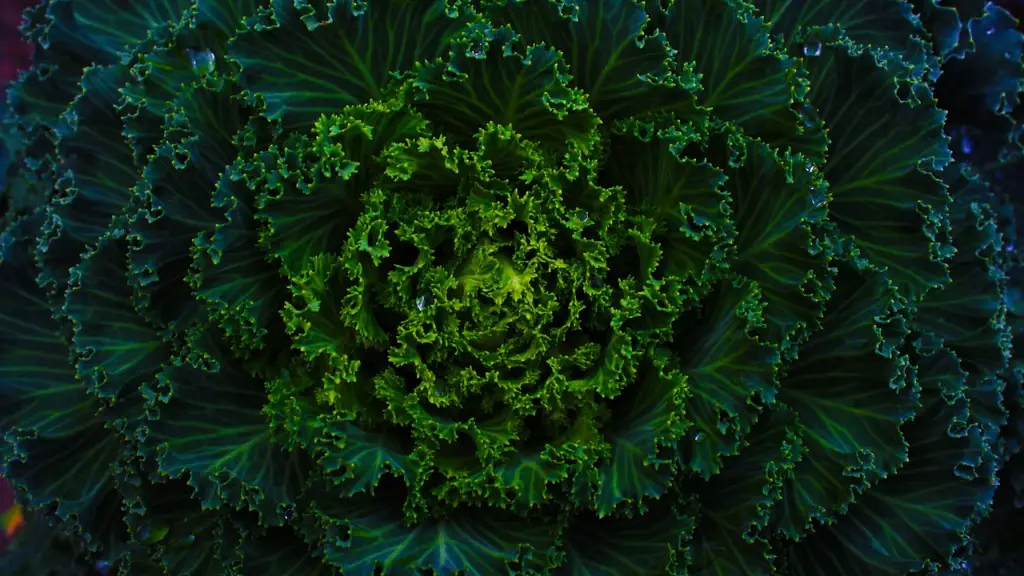The conversation surrounding pollinator decline has become increasingly complex. For the past decade, scientists have been warning the public about the global endangerment of bees, yet the underlying reason remains a matter of debate. Researchers have suggested a number of possible explanations, including pesticides, monoculture, urbanization, and most recently, climate change. In this op-ed, we will explore the connection between bees disappearance and global warming, and evaluate its potential implications.
At its core, the discussion around bees and global warming is a question of whether climate change is making the environment increasingly hostile to pollinators, hampering the essential pollination processes and putting them in danger. 5° Celsius is the upper limit for where most species can survive, and many fear climate change could push temperatures beyond this level, leading to extinction. Colder climates are more difficult to cope with, and as winters lengthen, bees face a greater risk of death from exposure and starvation.
In addition to rising temperatures, more frequent and extreme weather events can also cause local losses of bee populations. For example, torrential rains and heatwaves can further stress bees and reduce honey production, limiting their ability to survive. The increasing levels of extreme weather have already caused significant damages to bee populations in the United States, and it’s likely this trend will continue in other parts of the world.
On the other hand, there is also some evidence that global warming could actually be beneficial for some bee species. Warmer temperatures can allow bees to leave their hives earlier in the year and extend their foraging seasons, providing them with a wider range of food sources. And while there is much speculation surrounding the impacts of climate change, there is little evidence that long-term changes in climate are responsible for the losses seen in bees.
Regardless, the issue of global warming has emerged as a major factor in the debate surrounding pollinator decline, and the need for increased research on the topic is growing. Organizations such as the European Environment Agency, the World Wide Fund for Nature, and the International Union for Conservation of Nature have all called for urgent action to halt the losses of bee diversity. This includes monitoring and researching the effects of climate change, supporting sustainable agricultural practices, and creating protected areas for bees.
At the same time, it is important that any policy measures taken to address the issue of bee endangerment be tailored to each local context, as the situation of bees can vary significantly from region to region. Countries must be mindful of the implications of their actions, and must ensure that the interests of bee populations are respected.
In conclusion, the connection between bee endangerment and global warming is one of the most complex subjects currently facing our species. Despite the lack of clear evidence linking global warming to bee declines, it is clear that further research and engagement is needed in order to ensure the protection of our valuable pollinators. By doing so, we can strive to create a healthier and more sustainable future for bees, and for the planet.

